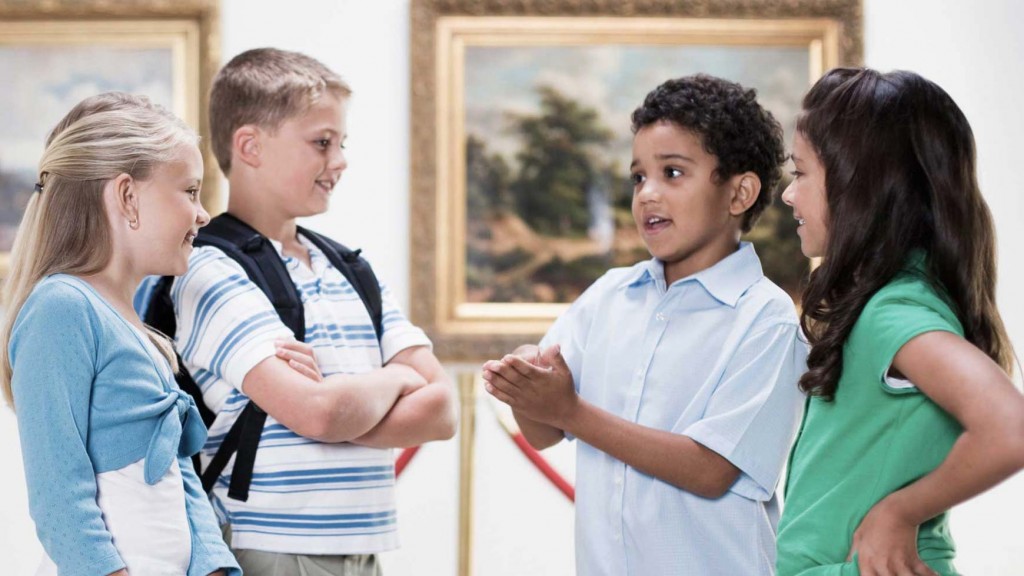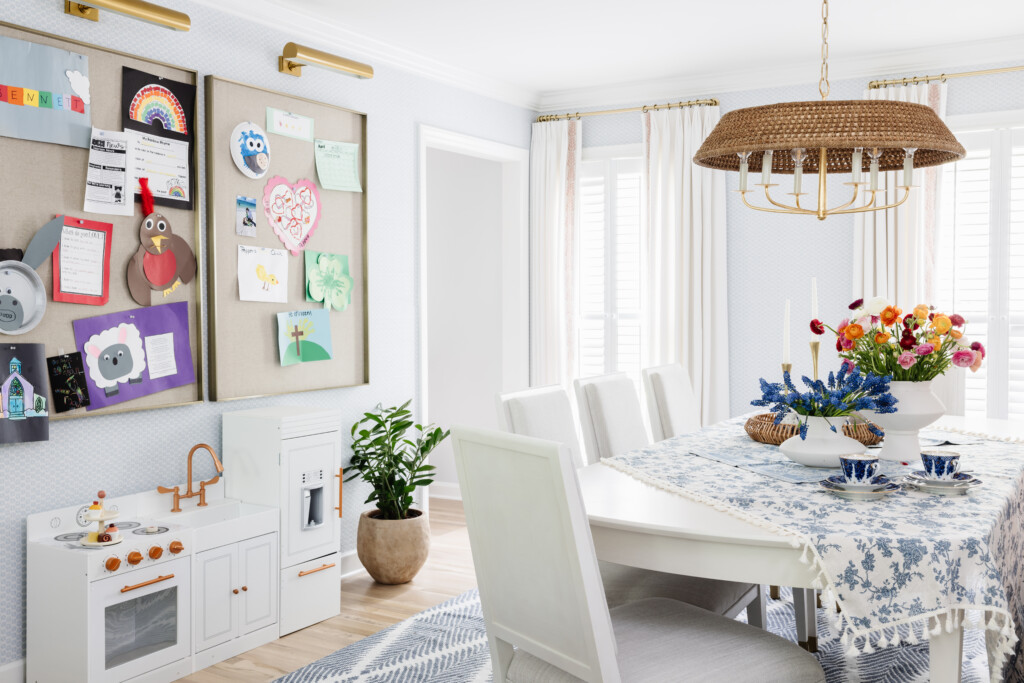Tips to Reduce Children's Social Anxiety
Help kids to feel comfortable and confident in different social situations.

It seems like many kids these days have some sort of social anxiety. Some kids don't like to look adults in the eyes when talking to them because it makes them feel "weird". Some kids feel awkward when they're at the playground or school and see new kids because they don't know how to start a conversation with them. Others may do well with kids one-on-one, but they're unsure of how to engage with others when in a large group.
We can help our children feel more confident when meeting, talking and engaging with adults and other kids by consistently doing some simple things with them until they are more confident in these situations. However, as with any skill, like learning how to read, write or perfect a sport, repetition is the key to success. No skill is learned, let alone mastered, by limited exposure and practice.
Having a Good Attitude and Positive Energy
Explain to your children that even if they don't want to be someplace, they should try to have a good attitude because people will pick up on their energy. If they can find ways to think, act, and look happy and exude positive energy and confidence, people will gravitate towards them and want to be around them.
What It Looks Like: Having confident body language with their head held high, giving eye contact, and having a smile on their face will show others they are a warm and confident person which are, according to studies, the two traits that make people "likable." If they look at the ground, look scared or shy, or bury their head in their cell phone it could give off the impression that they aren't friendly, are insecure, and/or don't care about the people around them or want to make friends.
Practice: Have your kids point out other children and adults in a social situation (school, church, ballgame, party) that seem to look happy and confident. Discuss why they look that way and how others are responding to them. Talk about how they could act, look and be that way too when they are in specific social situations. If they can in that situation, have them practice what they see others doing. Each time they can practice even one new skill will be a step closer towards feeling more confident and comfortable. Also, when you're going into a social situation with your child, give them a heads-up as to what they can do to show they are a warm and confident person, then encourage them to do those things you discussed, and then praise them for doing things correctly and/or discuss what they can do better next time.
Remember: Don't say to your child or anyone you meet that they are shy. This only makes matters worse and gives your child an excuse to not talk.
Having Good Conversation Skills
Kids that feel comfortable talking with other kids and adults will be able to make friends more easily, and will also get positive reinforcement from adults who will praise them for their nice social skills.
What it Looks Like: Your child can learn how to use environmental and social clues to ask appropriate questions of kids and adults to make a good first impression and build the relationship. When kids ask questions about other people it shows they care about the other person and this will help them to make friends.
Practice: You can easily practice this my playing a game of "Conversation Catch." Click HERE to be directed to Charlotte Parents full article on how to play conversation catch. Do this often and have your child do this with different people they know. Introduce this game into their classroom, their youth group, or other groups/clubs as a way for everyone to get better at it.Then, when your child has an opportunity out of their "comfort zone" encourage them to ask questions of the other person and share information about them self.
Becoming a good conversationalist can be done by practicing with the family first, and then encourage them to make conversation with adults like in their carpool, their teacher, coach, group leader, etc. With other kids, do some role playing in different situations they might face like on the playground, at school, etc. and have them practice what they could say and do. Help them to learn how to use clues around them (who they are with, where they are, what they are doing) to come up with topics of conversation. Showing empathy towards others, helping someone out, and showing kindness in some way are good ways to bond with people, so show your kids what that looks like and sounds like when they are talking to others.
Remember: You can encourage your kids to make conversation with one new person at school every day and then tell you how it went. It can be a short conversation, but having them motivated to do it in a small way each day is good and then reward them in some way if you think that's helpful motivation.
When you see your kids demonstrating confident social skills praise them. Point out what they have done well and say things to them like:
- You are so good at looking people in the eyes when they are talking to you.
- You have such a nice smile and people love seeing it.
- You asked such great questions when you were talking to that person. I know they liked talking to you.
- When you stand up straight and look so confident you glow and make others want to be around you.
- You are really good at meeting new people and making them feel good about themselves.
If you're interested in sending your fifth-, sixth, or seventh-grader to a comprehensive social skills and etiquette class this fall, please click HERE. Email me with any questions about other etiquette workshops in your area at [email protected]









